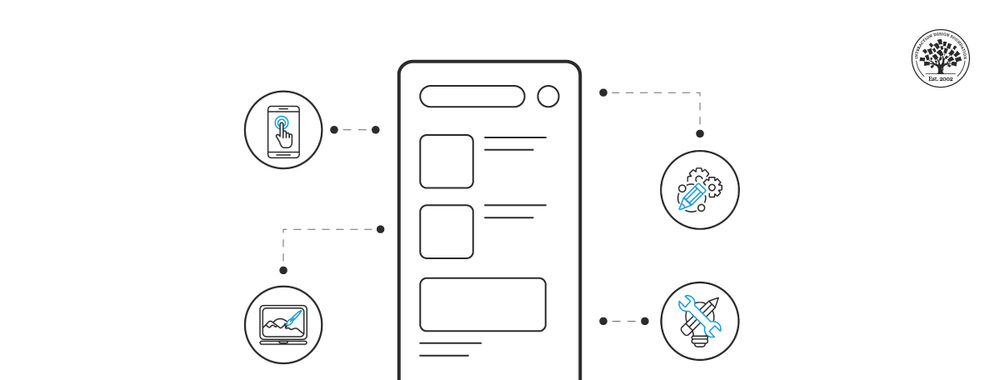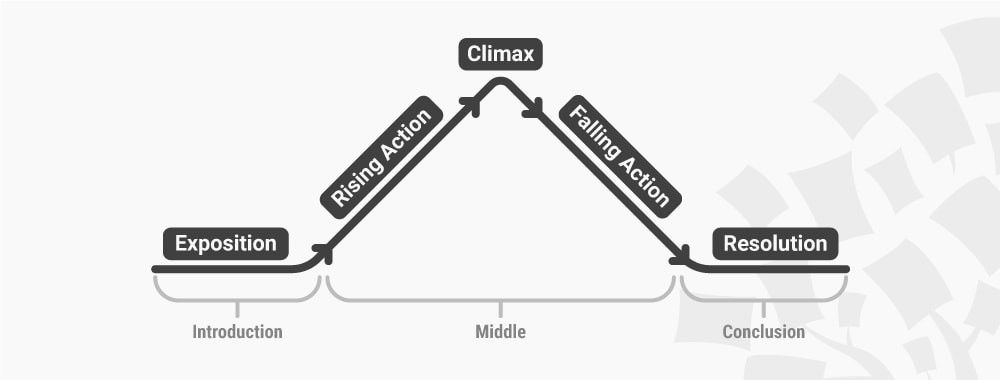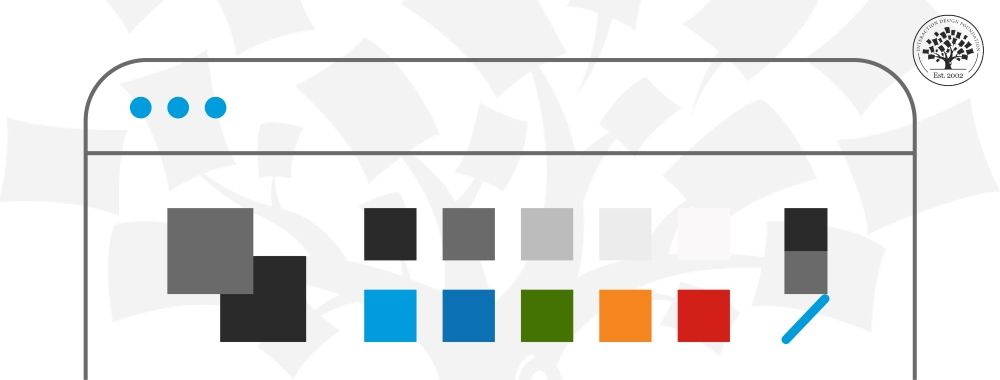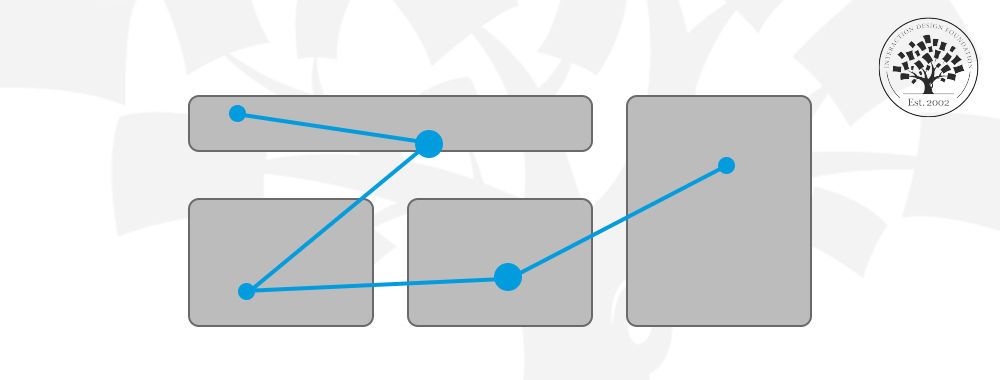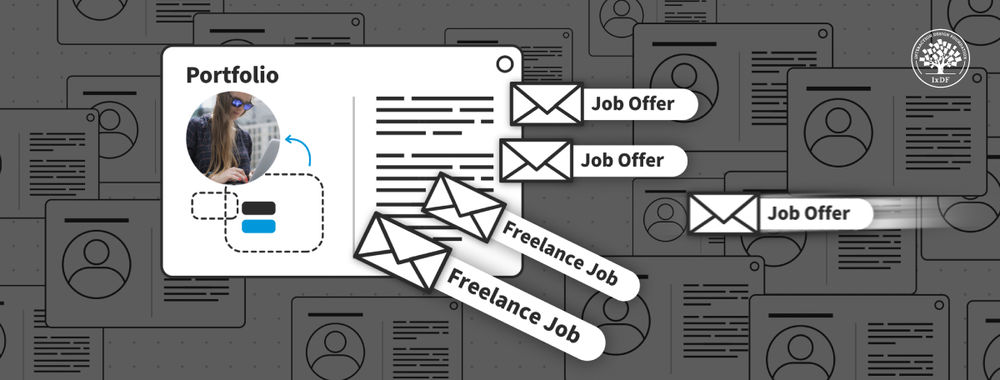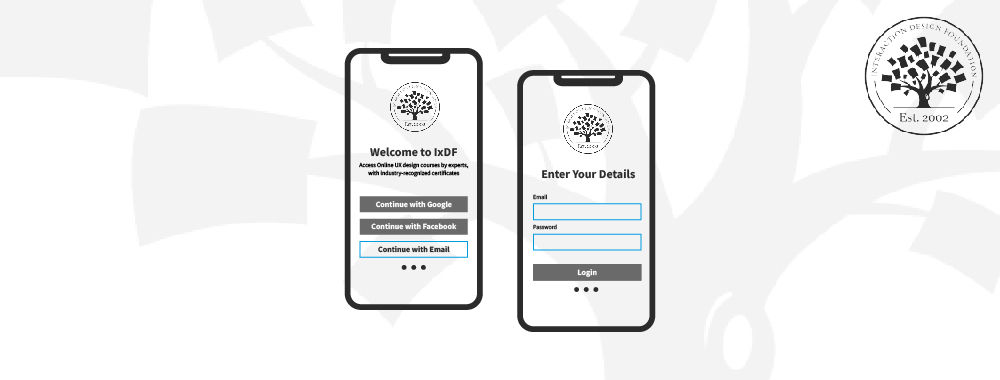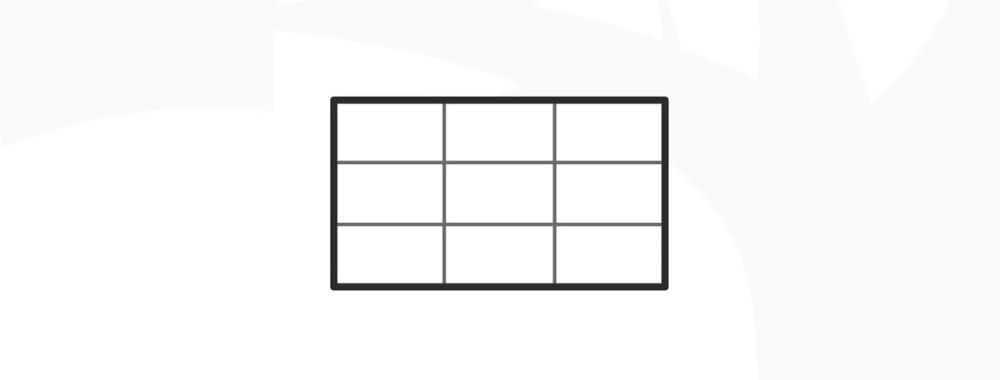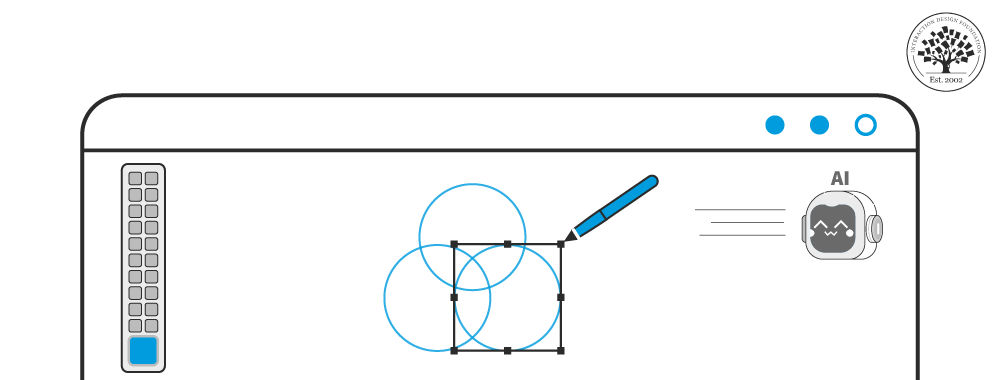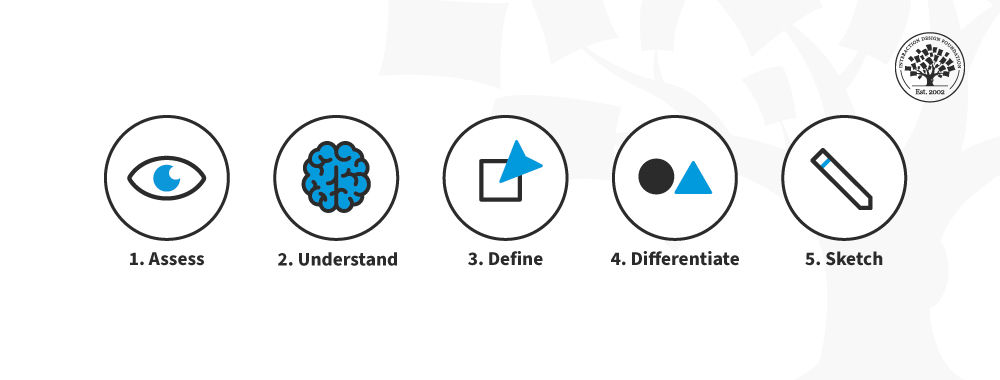It’s not that easy, you say? What if it was that easy? Would you take the plunge? You see, many of us can start working in UX today. In fact, with a little forethought many of us can work in just about any job they want starting today (excluding the obvious roles which legally require certification). How? I’ll tell you but first I’d like to tell you a little story.
My Story
Years ago, I worked in sales. I was pretty good at it. In fact, I was too good at it. My commissions kept busting the ceiling designed to make the company profitable. I was told that I would have to become a team leader or leave the company as my sales commissions were simply too high. Worse, I was told that the promotion was not automatic – I would have to interview for the job.
This left me with a couple of problems. One, I didn’t want to leave and two, I didn’t want to be a team leader. So, while everyone else went to the interview to pitch for the job of team leader, I went to pitch for a job that didn’t exist. I walked into the room and laid out a business case to become a trainer instead.
I got the job I wanted. I created a job out of thin air. But I didn’t. I’d already been doing that job, informally for months. The interview result just gave me a title.
Job Roles Aren’t Titles
This is the key point of this piece. A title is a lovely thing to have for our own egos. It validates us to ourselves. If my business card says; “UX Designer” – I’m a UX Designer right? Wrong, there are plenty of people with job titles that can’t do the job written on their business cards. There are also plenty of people doing jobs that aren’t written on their business cards.

Author/Copyright holder: Phil Wiffen. Copyright terms and licence: CC BY-SA 2.0
Take Responsibility
If your organization is lacking a UX role, why not just assume it? You can champion the cause of UX without having to quit what you do. You can, almost certainly (assuming you have a decent relationship with your manager), do some UX related work too. It would be a rare company that turned down the opportunity to improve their user experience because your business card didn’t make you directly responsible for that.
Start small and gradually, over time, you’ll be given more and more responsibility – one day, you’ll find that you’re spending all your time on UX work as long as the work you have done has shown value. You may not have the job title… but you’ll have the job.
I started my training career by generating “cheat sheets” for new starters to help them cope with the sales process. Then I did a little coaching in my spare time. This started to bring tangible results in terms of more sales and fewer people leaving when they couldn’t make their targets. I didn’t change the world over night… I started stealthily. Eventually, I was given time to do some short training sessions for everyone. By the time I made my pitch for the job, I’d already shown I could do it.
Ask For Help
Talk to your manager and to your colleagues. Explain your interests and what you want from your career direction. You’ll be amazed at how many people will help when they’re asked to do so.
In many cases they won’t have thought about UX and even if they have, they’ll have thought about using external resources. You can create opportunity just by opening your mouth and asking for it.
And don’t forget to talk to people in aligned disciplines at work. They may not be able to open the door on your career but they will almost certainly be able to help contribute to your development. What do they need help with? What can you do to learn more about what they do? The answers to those questions will help you as much as they help the other person.

Author/Copyright holder: Oiluj Samall Zeid. Copyright terms and licence: CC BY-NC-ND 2.0
Lifelong Learning is Key
You also have to seize the bull by the horns and develop your skills by yourself too. Read, take certification programs, etc. develop your own knowledge. In my experience, and don’t forget that I’ve run training departments, companies will only pay for training if they see your commitment to your own development.
“I’d like a UX course please?” is going to be taken much more seriously, if you can show significant development by yourself. If you can show how your ideas are already benefiting the business (ideally in $ saved or earned) then you’re even closer to getting corporate backing for your development.
Apply Your UX Skills All the Time
I may be a trainer but I’m also a user experience designer. Whenever I develop a course I need to look at my target audience, consider the language and detail required, and the overall training experience. I want people to learn something but I also want them to have a great experience. I seem to do OK with that, I’ve even had thank you notes from participants on courses with the driest of topics.
My clients expect that. They also expect a return on their investment when they pay for training. Their experience matters too.
Ask Questions
Keep asking questions, be prepared to learn and be prepared to champion the user in everything you do. If you stop someone and say; “Hey, how will our users react to that?” It will make people think. You can push the user agenda from any part of an organization. The same way that you can lead in any part of an organization without the word “leader” in your job title.

Author/Copyright holder: Marcello Maria Perongini. Copyright terms and licence: CC BY-NC-ND 2.0
Promote Successes
If you achieve good results with your informal work; you need to promote them. An e-mail, to your manager and other stakeholders, explaining what you did and why the result of that was good is a good starting place. Unfortunately, in business, it’s rare for someone else to blow your trumpet for you – so do it yourself.
Summary
If becoming a UX designer is simply about the title for you, then none of the above will help. If it’s actually about improving user experiences and growing your way into a title; then this should help. You don’t have to be given responsibility, you can assume it. Your behaviour and attitude count far more than you might think when it comes to getting the job you really want.
Header Image: Author/Copyright holder: Tactile Inc. Copyright terms and licence: All rights reserved. Img Source


